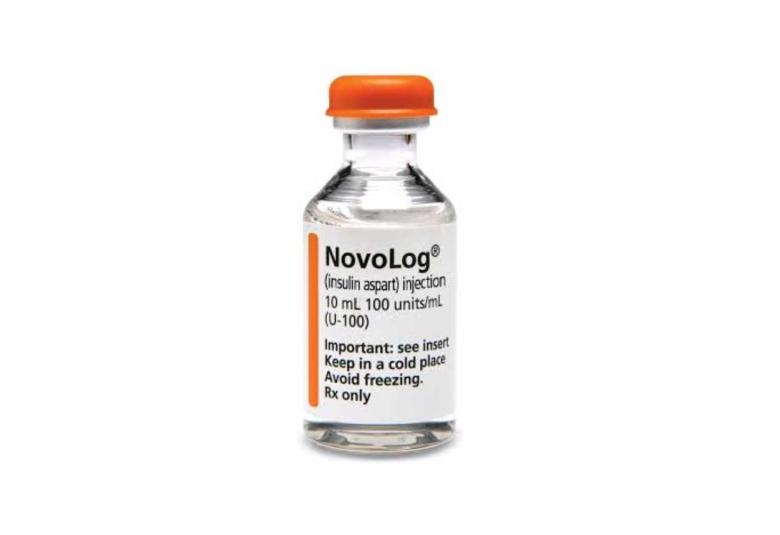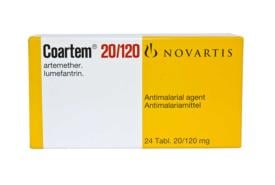FDA approves first interchangeable biosimilar insulin product to Novolog
Today, the Food and Drug Administration approved, the first rapid-acting interchangeable biosimilar product, Kirsty (insulin aspart-xjhz), as a 3 mL single-patient-use prefilled pen and 10 mL multiple-dose vial. Kirsty is biosimilar to and interchangeable with Novolog (insulin aspart).
Kirsty is a rapid-acting human insulin analog indicated to improve glycemic control in adults and pediatric patients with diabetes mellitus.


















